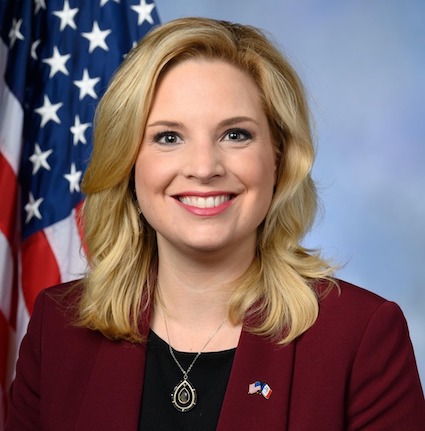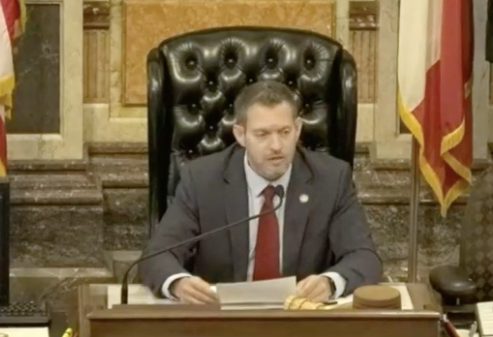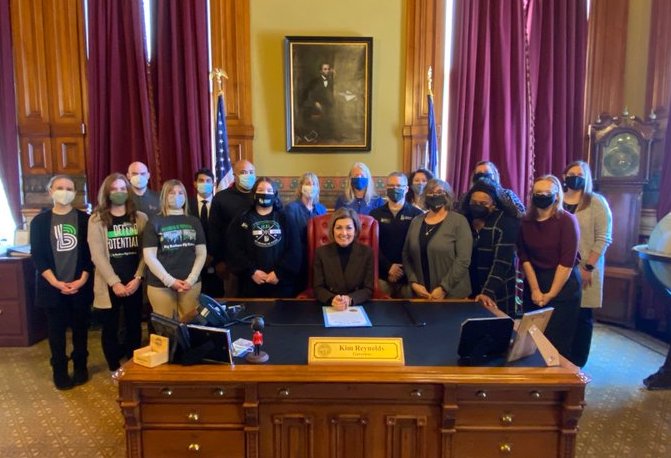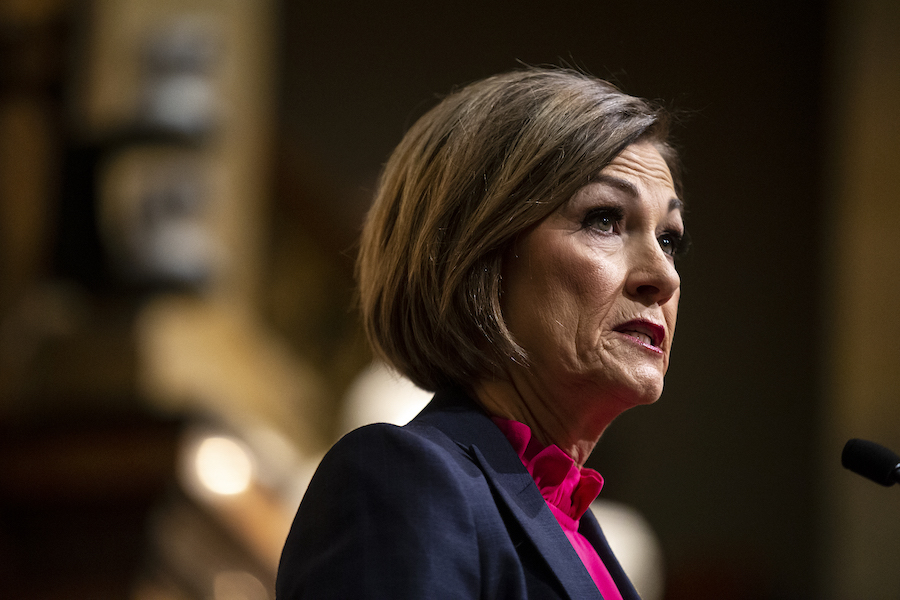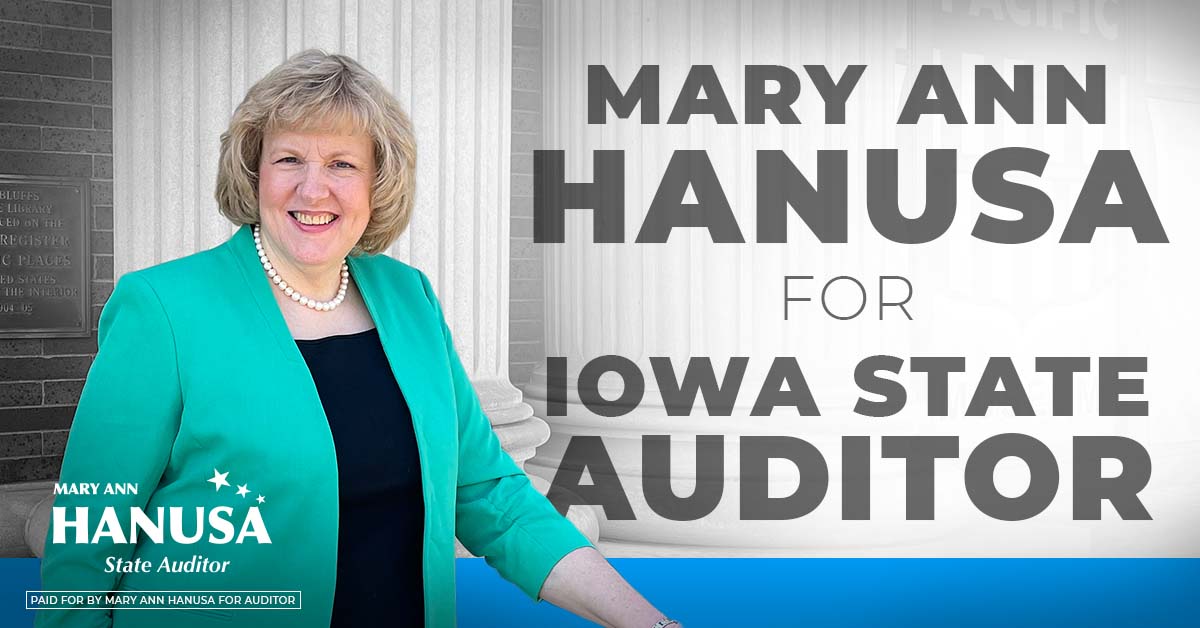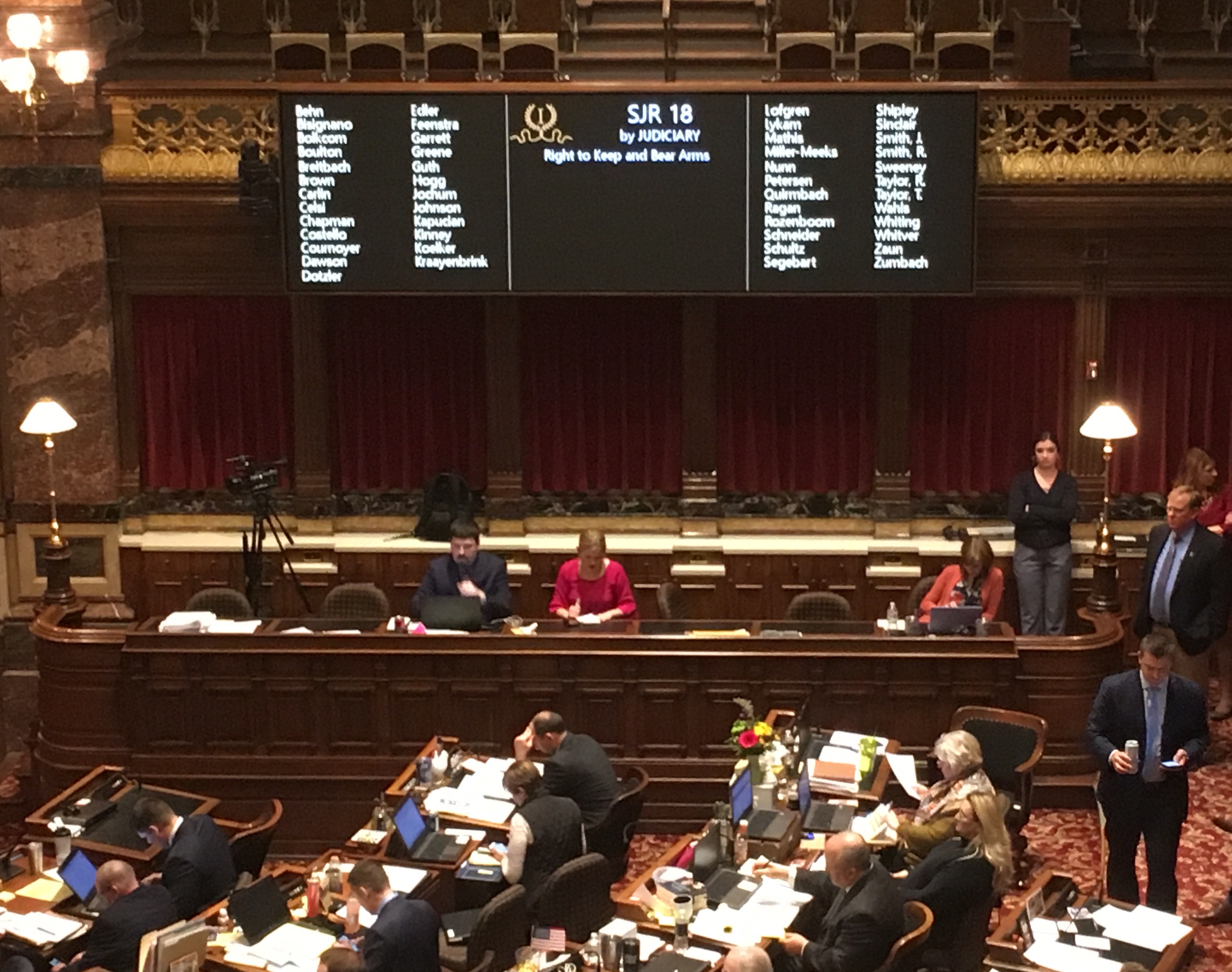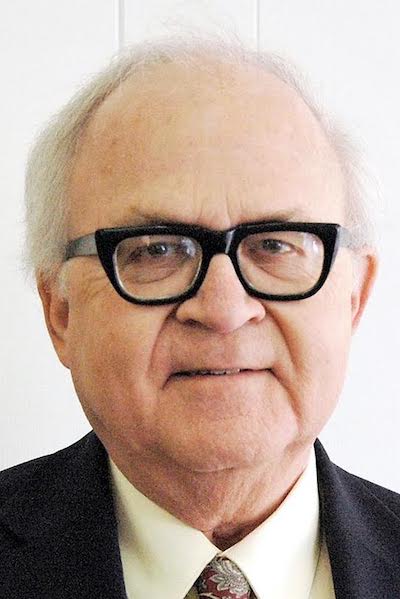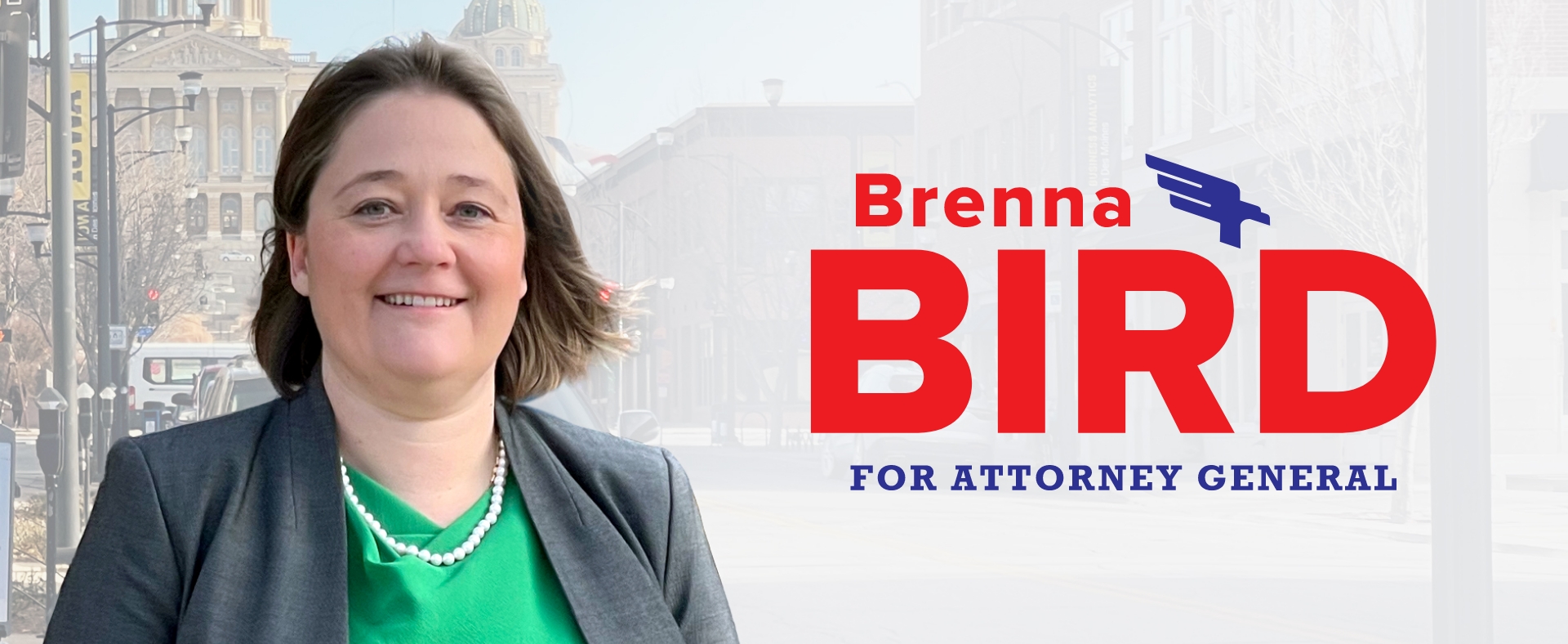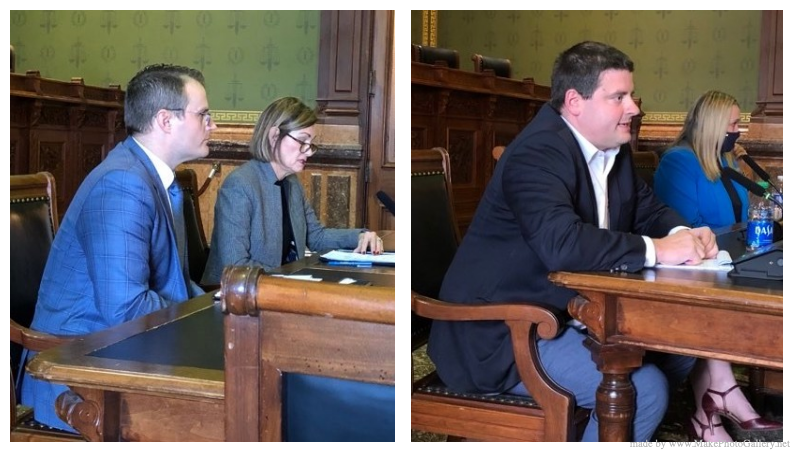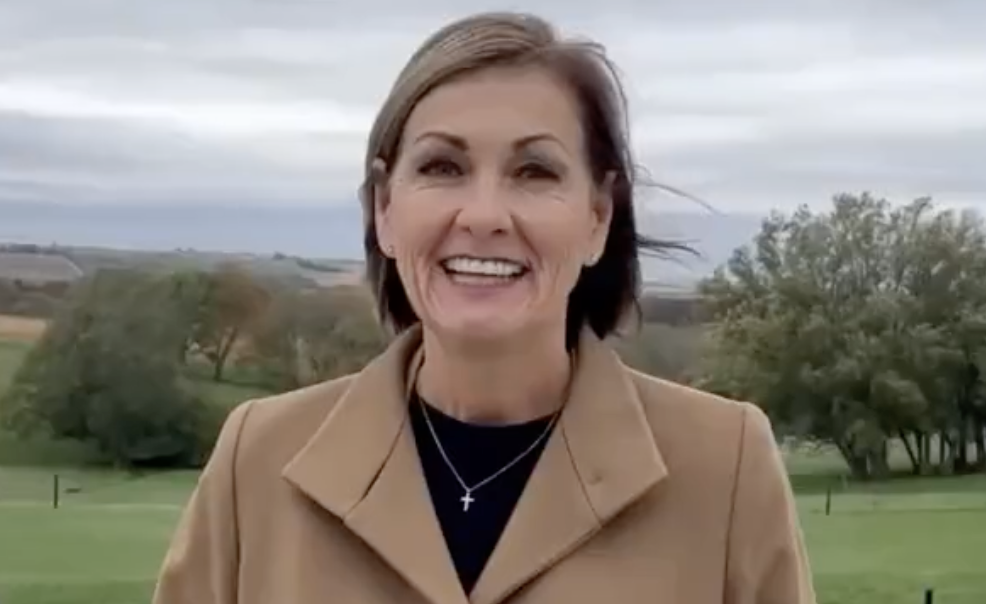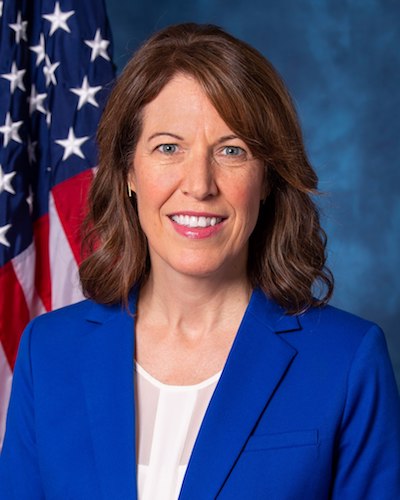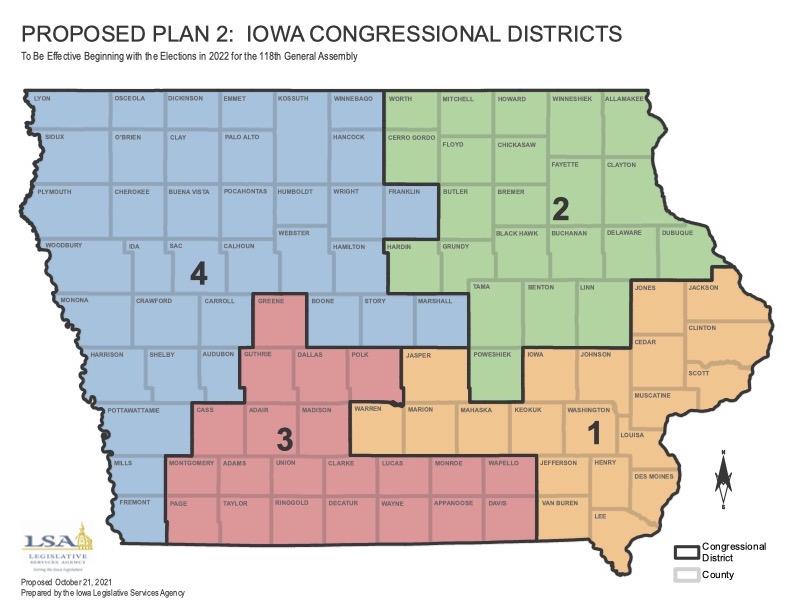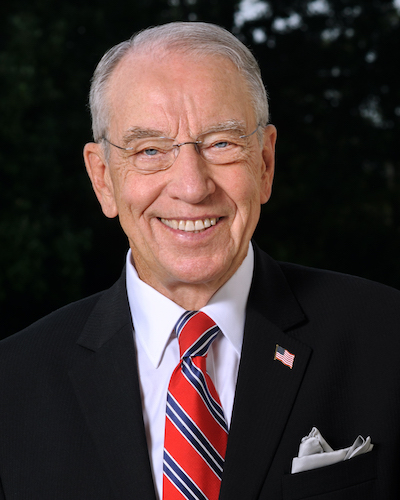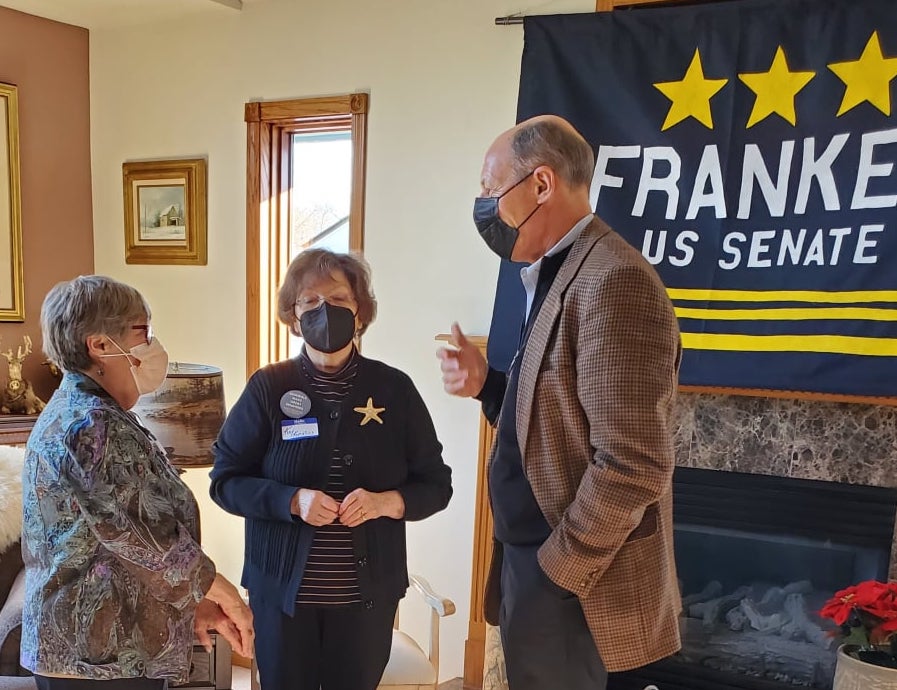The Iowa House opened its 2022 session on January 10 with 60 Republicans and 40 Democrats, a one-seat gain for the GOP compared to last year, thanks to a special election last fall.
The House members include 69 men and 31 women (21 Democrats and ten Republicans), down from a record 34 women in 2019 and 33 women in 2020.
Six African Americans (Democrats Ako Abdul-Samad, Ruth Ann Gaines, Ras Smith, Phyllis Thede, and Ross Wilburn, and Republican Eddie Andrews) serve in the legislature’s lower chamber. Republican Mark Cisneros is the first Latino elected to the Iowa legislature, and Republican Henry Stone is only the second Asian American to serve in the House. The other 92 state representatives are white.
Democrat Liz Bennett is the only out LGBTQ member of the Iowa House. To my knowledge, Abdul-Samad (who is Muslim) is the only lawmaker in either chamber to practice a religion other than Christianity.
I’ve posted details below on the Iowa House majority and minority leadership teams, along with all chairs, vice chairs, and members of standing House committees. Where relevant, I’ve noted changes since last year’s session. The most significant: Republican Mike Bousselot won a September special election following the death of Republican John Landon, and Republican Jon Dunwell won an October special election after Democrat Wes Breckenridge left the legislature for another job.
Some non-political trivia: the Iowa House has two members with the surname Meyer (a Democrat and a Republican). As for popular first names, there are six Davids (three go by Dave), three Roberts (a Rob, a Bob, and a Bobby), three men named Tom or Thomas, three named Steve or Steven, three named Charles (a Chuck and two Charlies), three Brians, three men named Michael (two go by Mike), three Jons and two Johns, and two men each named Gary, Dennis, and Ross. There are also two Elizabeths (a Beth and a Liz), two Shannons, an Ann and an Anne, and two women named Mary (down from four in 2020).
Continue Reading...

